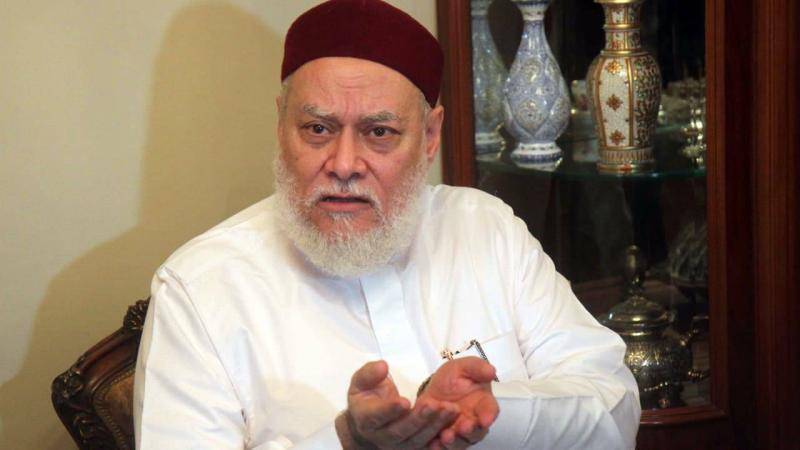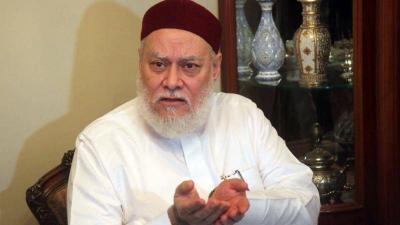Dr. Ali Gomaa, former Mufti of Egypt, continues to address several controversial questions through a daily program aired on a Egyptian TV channel. In last night's episode, Dr. Gomaa responded to a question regarding the ruling on those who recommend donating their organs and those who refuse to allow their organs to be used after death; is this considered a transgression against God's right?
During the presentation of his program "Nur al-Din," Gomaa stated that the approach to this matter is not related to whether it is permissible or not, but rather to the application of the benefit for the living over the deceased. He added that if the family disapproves or if the individual has stated no one should approach their body, this act is not a desecration of the corpse but is performed under certain surgical standards. He emphasized that "the entry point here is the preservation of a person's life," and noted that the law stipulates that if a person has stated their wishes, they should be honored.
Ali Gomaa explained that there is no desire to turn humans into "spare parts," which is why many scholars have opposed organ donation from the deceased to the living. Nonetheless, the majority of scholars agree on the permissibility of organ transplantation from the dead to the living.
Regarding surrogacy, Gomaa indicated that it is a completely different issue from organ donation, as surrogacy involves the mixing of lineages. This is why adultery is prohibited due to concerns about lineage intermixing, which can lead to significant issues regarding inheritance, marriage, and other serious complications. Therefore, surrogacy is prohibited to avoid these consequences.
On the topic of determining the sex of a fetus, Gomaa confirmed that it is permissible, noting that in the past, certain types of food were used to encourage male births, or specific months were favored to try to select the gender of the child. He clarified that there is nothing wrong with this, stating that God's will ultimately prevails.
In previous fatwas, Ali Gomaa stirred controversy by stating in the same program that paradise is not exclusive to Muslims and that followers of other religions would also enter paradise, interpreting this through a verse from the Quran.
When asked about the relationship between genders during adolescence and a ruling regarding a young man telling a girl he loves her, he replied, “If her father knows, then it’s normal.” Gomaa added that friendships between boys and girls and socializing together in groups are not forbidden, explaining that humanity has historically been accustomed to such interactions. He clarified that friendships between the genders are permissible as long as they are characterized by chastity, defining chastity as a relationship free from prohibitions and secrecy.




